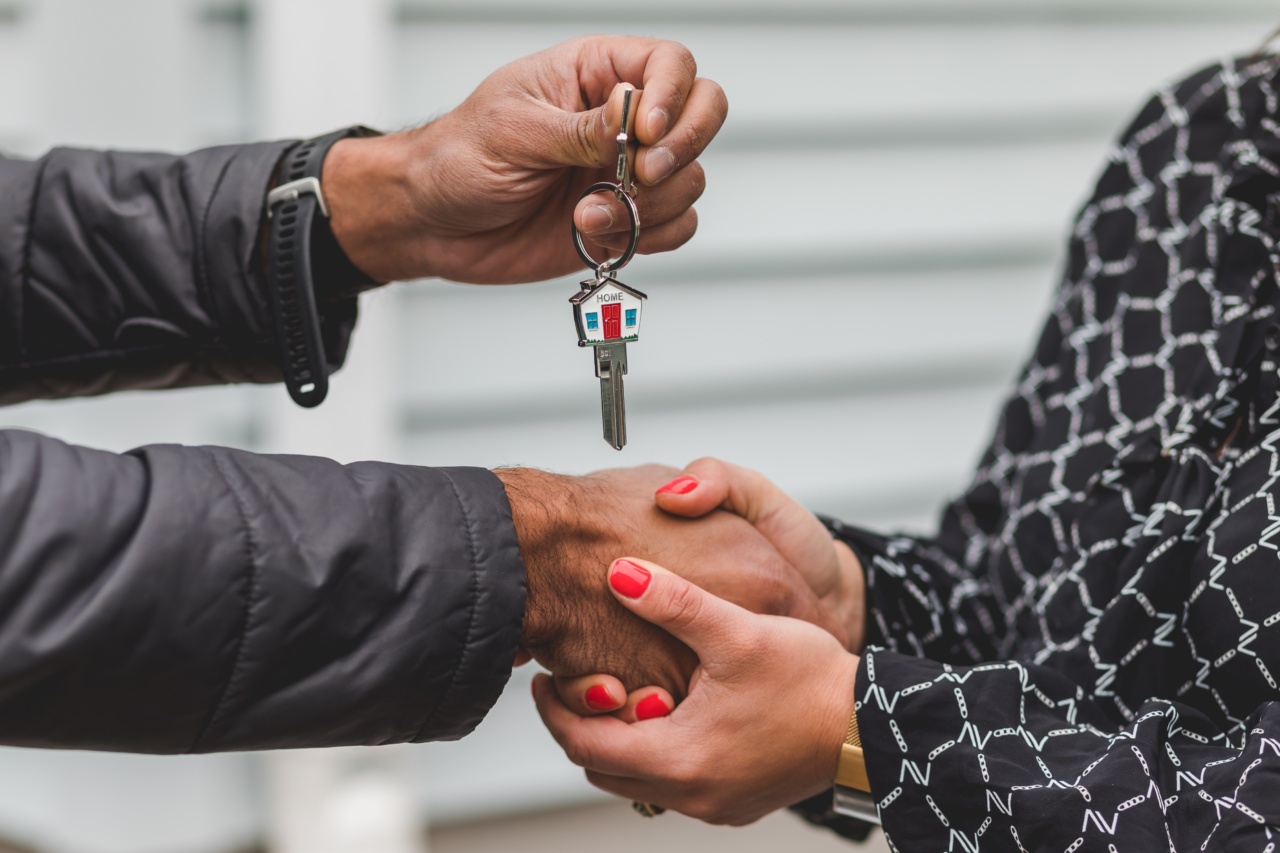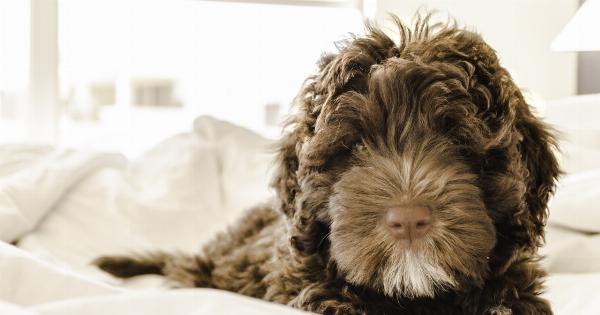Bringing a new puppy home is an exciting and rewarding experience. However, it also requires careful preparation to ensure your puppy’s comfort and safety. Here are some key lessons for settling in with your new furry friend:.
Creating a Safe and Secure Space
Before bringing your puppy home, it’s important to puppy-proof your living space. Just like infants, puppies are curious creatures, and they tend to explore everything with their mouths.
Ensure that all potentially dangerous items such as electrical wires, toxic plants, cleaning products, and small choking hazards are out of reach.
Setting Up a Comfortable Sleeping Area
A good night’s sleep is crucial for a puppy’s development. Provide your new companion with a cozy sleeping area that is quiet and away from disturbances.
Consider investing in a comfortable bed or creating a designated space with soft bedding and blankets. Make sure it’s easily accessible, so your puppy feels secure and can retreat to their own space when needed.
Sticking to a Consistent Feeding Schedule
Establishing a regular feeding schedule is essential for your puppy’s well-being and helps in potty training. Consult your veterinarian for the appropriate feeding guidelines based on your puppy’s age, breed, and size.
Set specific meal times and avoid free feeding to maintain a healthy weight and prevent accidents around the house.
Introducing Your Puppy to Their Bathroom Spot
Potty training is one of the initial challenges when bringing a new puppy home. Designate a specific bathroom spot outside or use puppy pads indoors to train your puppy.
Take your puppy to the designated area frequently, especially after meals, naps, and playtime. Reinforce good behavior by praising and rewarding them when they eliminate in the right spot.
The Power of Positive Reinforcement
Positive reinforcement is the most effective method of training for puppies. Reward your puppy with treats, verbal praise, and lots of love whenever they exhibit the desired behavior.
This approach encourages their willingness to learn and strengthens the bond between you and your new furry family member.
Socialization and Exposure to New Environments
Puppies need ample socialization to grow into well-rounded and confident adult dogs. Gradually introduce your puppy to new sights, sounds, people, and animals. Expose them to various environments such as parks, streets, and pet-friendly establishments.
This exposure helps them develop resilience, adaptability, and good social behavior.
Basic Obedience Training
Teaching your puppy basic obedience commands such as sit, stay, and come is vital for their safety and your peace of mind. Use positive reinforcement techniques and short training sessions to keep them engaged and motivated.
Consistency is key, so practice these commands daily to reinforce their learning.
Providing Mental Stimulation and Toys
Puppies are naturally curious and highly energetic. Provide them with a variety of toys to keep them mentally stimulated and prevent destructive behavior.
Chew toys, puzzle toys, and interactive toys can help keep their minds engaged and satisfy their natural instincts. Rotate the toys regularly to prevent boredom and enhance their learning and development.
Establishing Boundaries and Discipline
While positive reinforcement is crucial, setting boundaries and discipline is equally important to raise a well-behaved puppy. Consistency in rules and commands helps your puppy understand what is expected of them.
Use gentle but firm commands and redirect inappropriate behavior. Avoid physical punishment, as it can damage the trust and bond you’re building with your puppy.
Regular Veterinary Check-ups and Vaccinations
Regular veterinary check-ups and vaccinations are essential to ensure your puppy’s health and well-being. Vaccinations protect against common diseases, while routine check-ups help detect any potential health issues.
Discuss with your veterinarian to establish a vaccination schedule and get guidance on preventive care, nutrition, and parasite control.


























